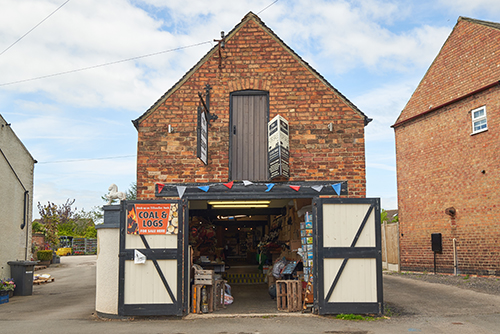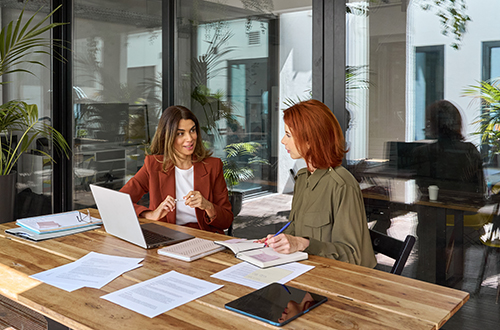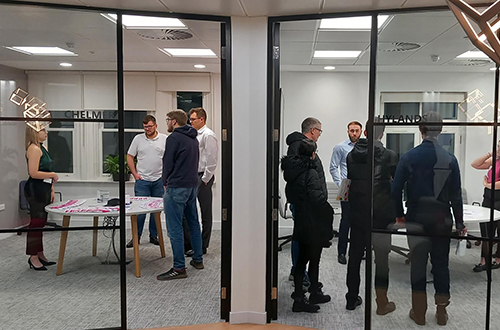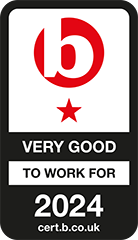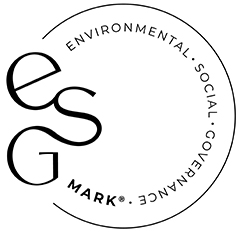The main topics for the event were “development and diversification”. The VAT aspects of each are briefly set out below.
Development
In identifying the VAT treatment of a supply the first question to ask is; “who’s supplying what to who?”. When this involves the sale of land for development, it often brings into focus the difference between what constitutes the farming entity and the land owing entity. It’s the latter that may need to register for VAT and opt to tax the land so it’s important to identify this.
Should you register for VAT and opt to tax the land? This depends. By opting to tax you will increase the cost of the land (even if the VAT is reclaimable by the buyer it will increase any SDLT payable). However, without an option to tax the VAT incurred in relation to the sale - which would include the VAT charged by a promoter - is not reclaimable. This is usually the driver for making sure that the sale is subject to VAT. In fact, most promotion agreements these days commit the seller to opting to tax before selling.
There may be other payments made to “lock in” the seller. These are not for a supply of land and so would be seen as taxable income for the seller. However, overage is usually seen as additional consideration for the initial supply so if that was VATable it’s highly likely it’s the same for the overage.
Diversity
You say diversity, we say income streams, but that’s no reason to call the whole thing off. As both terms suggest, this can create different VAT liabilities for the business; but again the first question should be whose business? Quite often the diversity vehicle is different to the farming entity so may need to have its own VAT registration, etc.
Again, who’s supplying what to who? For example a farming client calls to say that they are converting a barn into a farm shop. Can they recover the VAT incurred? On the face of it the answer is yes as the farm shop will be making taxable supplies (a mix of 5% and 20% goods). However, the reality is that the farm shop is a business run by the children as a separate entity to the farming business, so the supply that the farming business is making is letting the barn to the farm shop business. Unless the farming business opts to tax the property, this is an exempt supply so the VAT incurred is NOT reclaimable.
But you don’t always need an option to tax to make taxable supplies of property. Some are automatically taxable including: admission to events; parking vehicles; mooring boats; hangars for planes; rights to take game or fish; camping facilities; holiday accommodation; guest house, B’n’B*, etc.; rights to fell and remove timber; storage (includes storing someone else’s grain).
Equally there are some supplies you can’t opt, such as the letting or selling of residential property.
Finally, if the diversity includes new entities, would HMRC see this a normal commercial activity or disaggregation – the artificial splitting of activities to keep below the VAT registration threshold? This is a whole different topic in itself.
If you have any questions or need assistance please contact the RL VAT Team.
*Don’t forget the VAT rate on supplies of catering and hospitality went up from 12.5% to 20% on 1 April 2022.
This article is from the latest edition of our Agricultural Briefing. To receive future copies of any of our newsletters directly to your inbox, please visit our preference centre to register your interest.
If you have any questions about the above, or would like more information specific to your circumstances, please enter your email address below and we will get in touch:
